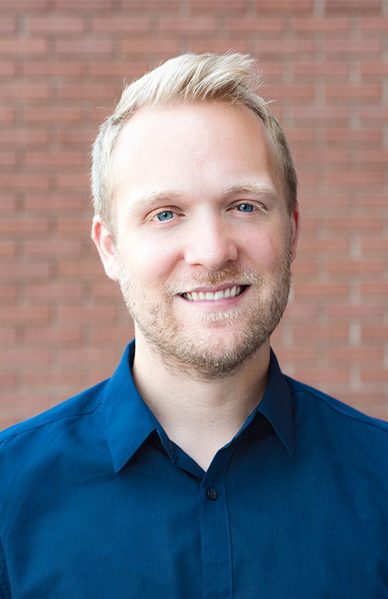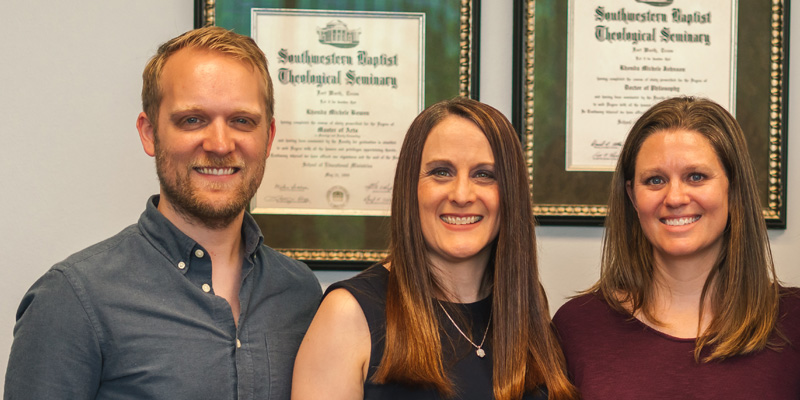
Live/Virtual Training
DATE
September 16, 2022
December 2, 2022
Time
1:00 p.m. – 4:15 p.m. CST
CE
3 Contact CE
NBCC Hours: 3
Cost
$105.00 (NON REFUNDABLE)

APT Approved Provider #14-376
#7105

Introduction
This play therapy training is offered Live In-Person and Virtual via Zoom Platform. One of the most powerful and dynamic factors in play therapy is the relationship between therapist and child. Transference and countertransference can contribute to growth or a resistance to change in play therapy. Following Polyvagal Theory, the therapist lends his or her feelings, focus, and environment to the child during play therapy, which can facilitate the healing environment required for post-traumatic growth. Each child and therapist brings themselves, past experiences with play, and their own reactions to trauma experiences into the play therapy space. The therapist must be in tune with factors that may constrain the client’s ability to fully express themselves through play and heal, which can lead to a stuck feeling. If the child’s needs can be authentically and safely expressed, these same factors can be the mechanism that enriches the play therapy experience and lead towards further recovery and integration. Play therapy strategies will be selected for remaining present and emotionally regulated in order to create a safe, co-regulated environment rich for post-traumatic growth in play therapy.
Learning Objectives
- Discuss the power of transference and countertransference in the play therapy relationship
- Analyze their own relationship with play and discuss how this affects their relationships with their play therapy clients
- Apply strategies to remain present and emotionally regulated as the therapist in order to effectively provide coregulation in play therapy sessions

Nik Johnson
M.S., LPC, REGISTERED PLAY THERAPIST™, EMDR CONSULTANT
Nik has been a private practice counselor at the Center for Counseling and Family Relationships since 2017. He works with children (aged 4+), adolescents, and adults, specializing in complex trauma, dissociative disorders, and play therapy. Previously Nik worked at an agency in Missouri providing play therapy to children in the foster care system. He offers continuing education to professionals, especially within the topics of working with developmental trauma, dissociative disorders, and play therapy.
Approved Continuing Education Provider
CCFAM Training has been approved by NBCC as an Approved Continuing Education Provider, ACEP No. 7105. Programs that do not qualify for NBCC credit are clearly identified. CCFAM Training is solely responsible for all aspects of the programs.
Cancellation and Refund Policy
This training is non-refundable, unless cancelled by training provider. Event will be cancelled if fewer than 5 participants.




